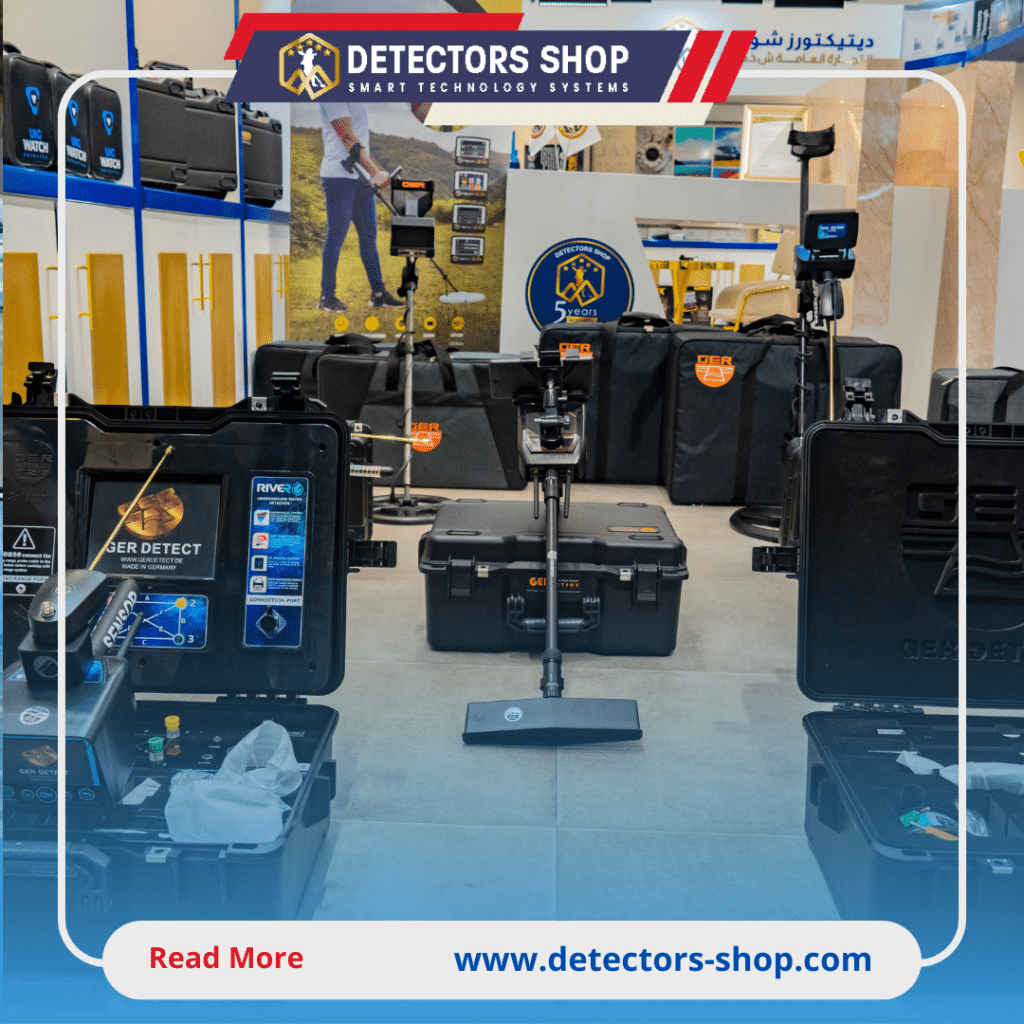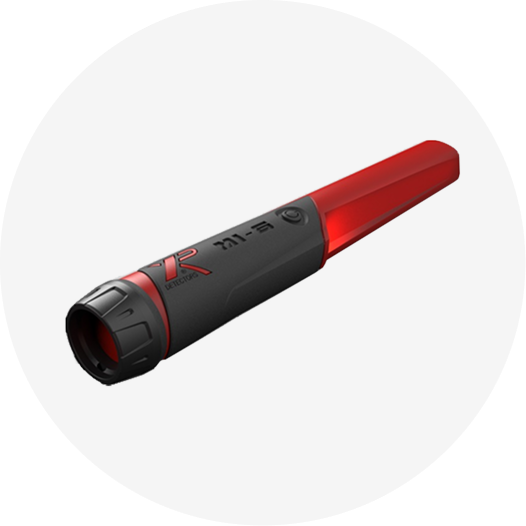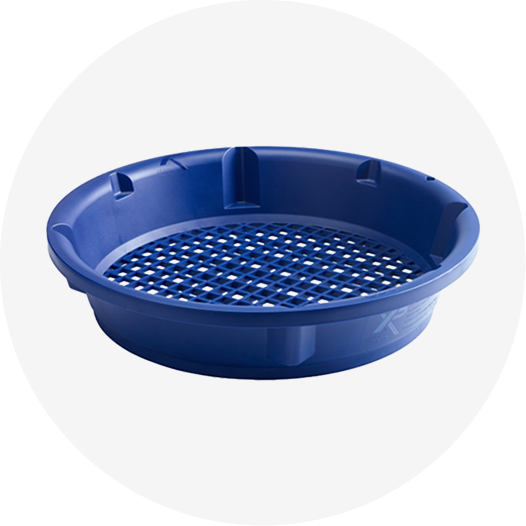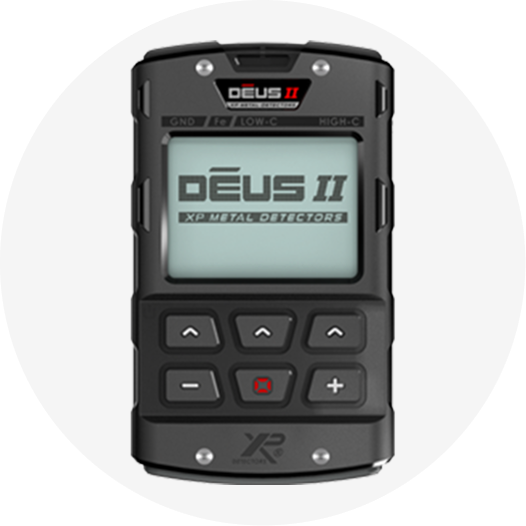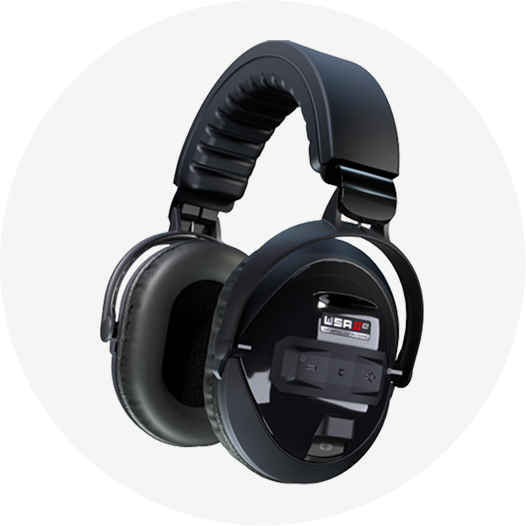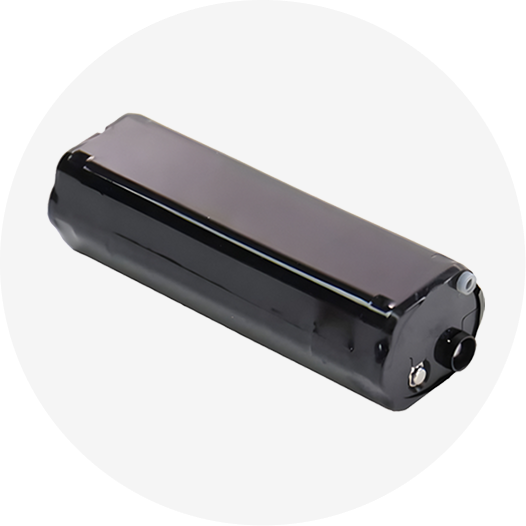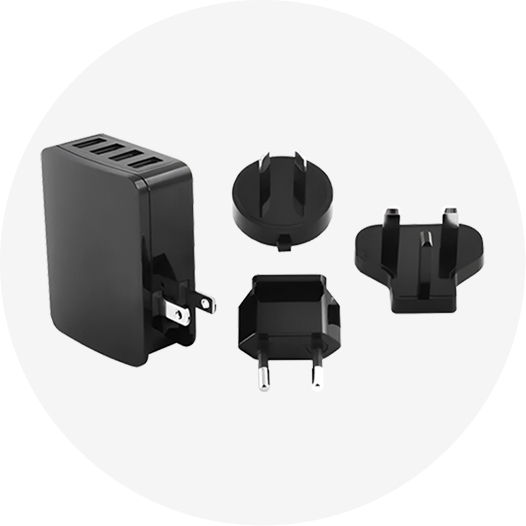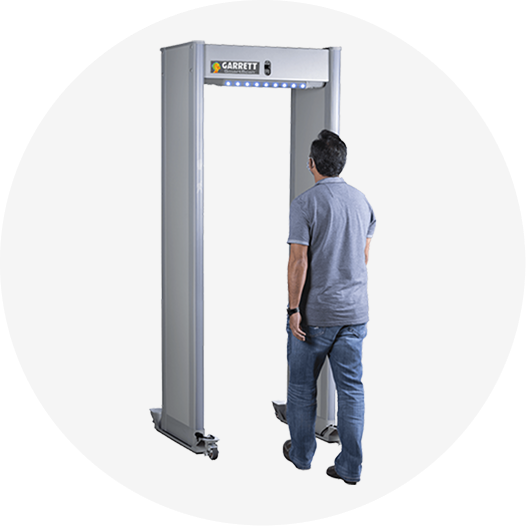The Secrets of Finding Buried Treasures Tips and Tricks for Achieving the Best Results
The practice of searching for buried treasures is one of the oldest hobbies that humans have engaged in throughout the ages. Ancient people sought to uncover wealth and treasures buried deep within the earth. With the advancement of technology, this process has become more accurate and effective, thanks to the use of advanced metal detection devices. In this article, we will explore some tips and tricks to achieve the best results in the quest for buried treasures.
1. Choosing the Right Device
The first step to achieving optimal results in treasure hunting is selecting the appropriate gold detector device. The device should be of high quality and suitable for the type of soil and area where the search will take place. For example, some devices are specialized in detecting gold, while others are designed for other types of metals. Additionally, there are devices that can differentiate between precious and non-precious metals.
Choosing the Right Gold and Metal Detector
Selecting the right gold and metal detector is a crucial step for success in treasure hunting and exploration. With a wide variety of devices available in the market, a researcher might feel confused when trying to choose the best device for their needs. In this article, we will outline the main factors that should be considered when selecting the right gold and metal detector to ensure the best results.
Determining the Targeted Metals
The first step in choosing the right device is to determine the type of metals you want to discover. Some devices are specifically designed for gold hunting, while others can detect a wide range of metals such as silver, copper, and iron. If your primary goal is to find gold, it’s better to choose a device specialized in gold detection, as its frequencies and design are compatible with gold’s properties.
Detection Depth
Metal detectors vary in their ability to reach different depths underground. If you are searching for deeply buried treasures, you will need a device capable of detecting at greater depths. However, if your goal is to find surface coins or artifacts, a device with medium detection depth might be the most suitable choice.
Type of Soil and Environment
The type of soil and surrounding environment play a significant role in choosing the right gold and metal detector. Some devices work more efficiently in sandy or clay soils, while others may be affected by soils with high mineral content. If you plan to search in mountainous areas or difficult soils, it is important to select a device that can operate effectively in these conditions without losing sensitivity or accuracy.
Metal Discrimination
The feature of metal discrimination is an important advantage in many modern detection devices. This feature allows the device to differentiate between precious metals like gold and silver and non-precious metals like iron. If you want to reduce the time and effort spent in excavation, choosing a device with a high discrimination capability will increase the efficiency of the search.
Weight and Size
User comfort is another important factor when choosing a gold and metal detector. The device should be lightweight and easy to carry, especially if you plan on conducting long searches in vast areas. Small, portable devices may be ideal in these cases, while larger devices might come equipped with additional features such as larger display screens and advanced functions.
Budget
The budget plays a major role in determining the appropriate device. The prices of metal detectors vary greatly depending on the brand, technical features, and capabilities. It is important to set a suitable budget and look for a device that offers the best value for money. Often, it may be better to invest in a mid-priced device that meets your needs rather than buying a cheap device that may not be effective.
Reading Reviews and Trying the Device
Before making the final decision, it’s helpful to read user and expert reviews on the device you are considering purchasing. These reviews provide an overview of the device’s performance in the field and give insight into its pros and cons. Additionally, if you have the opportunity to try the device before purchase, this would be a great advantage as you can check its ease of use and effectiveness.
Brand and After-Sales Service
The brand and quality of after-sales service are crucial factors when choosing a gold and metal detector. Reputable companies often offer longer warranties and excellent technical support, providing peace of mind for the user in case of any problems with the device. Choose a device from a well-known and proven brand to ensure you receive a high-quality product and reliable support.
Therefore, Detectors Shop offers a genuine 5-year warranty on gold and metal detection devices and provides free training on how to use the device correctly.
Choosing the right gold and metal detector requires an in-depth study of the various factors that affect the device’s performance and suitability for your specific needs. By determining the targeted metals, considering detection depth and soil type, paying attention to metal discrimination features, and setting a budget, you can find the ideal device that will help you achieve remarkable results in your treasure-hunting adventures. Remember, investing in a good device will increase your chances of finding buried treasures and achieving success in your hobby or profession.
2. Learning the Area’s History
To achieve the best results, the researcher must learn about the history of the area they intend to search in. Some areas might contain historical artifacts or stories related to buried treasures. Reading and researching the history of the place can help identify the best locations for searching and increase the chances of finding treasures.
3. Using the Correct Device Settings
Correct device settings play a significant role in improving the device’s performance and increasing the chances of finding treasures. The user must learn how to adjust settings such as sensitivity and metal discrimination according to the type of soil and weather conditions.
4. Searching in Neglected Areas
Sometimes, places that seem unpromising are the most likely to hold treasures. Neglected areas such as barren lands, dry valleys, and even deserted beaches might contain buried treasures that no one has discovered yet. Therefore, don’t hesitate to search in unconventional places.
5. Patience and Persistence
Patience is the key to success in treasure hunting. It might take a long time before finding anything of value, so it’s important for the researcher to be persistent and not give up easily. Every search operation is a learning experience, and over time, the researcher will gain new skills and increase their chances of success.
6. Paying Attention to Signs and Clues
During the search, you might come across signs and clues indicating the presence of buried treasures. These clues could be markings on rocks, changes in soil color, or even remnants of old materials. The researcher should stay alert and use these clues to pinpoint the exact location.
7. Preserving the Environment
It’s important for the researcher to preserve the environment during the search process. Avoid damaging nature or leaving waste behind. It is also recommended to restore the site to its natural state after the search is complete to maintain the aesthetic appearance of the area.
8. Working in a Team
Sometimes, working in a team can be more effective than working alone. Having others involved may help expand the search area and increase the chances of finding treasures. Additionally, team members can share experiences and information to achieve the best results.
9. Utilizing Modern Technology
In addition to metal detectors, modern technology such as geographic mapping programs and smartphone applications can be used to identify potential treasure sites. These tools can provide additional information and help plan the search operation more effectively.
10. Adhering to Local Laws
Finally, it is essential to adhere to local laws and regulations regarding treasure hunting. In some countries, you may need to obtain special permits before starting your search, and there may be laws prohibiting excavation in certain historical sites. Therefore, researchers should ensure they operate within the legal framework to avoid any legal issues.
Treasure hunting is a hobby that combines adventure, history, and technology. By following the tips and tricks mentioned above, researchers can increase their chances of finding buried treasures and achieving the best results. Most importantly, enjoy the process and remain patient and persistent, as every search journey carries the possibility of discovering something unique and exciting.
